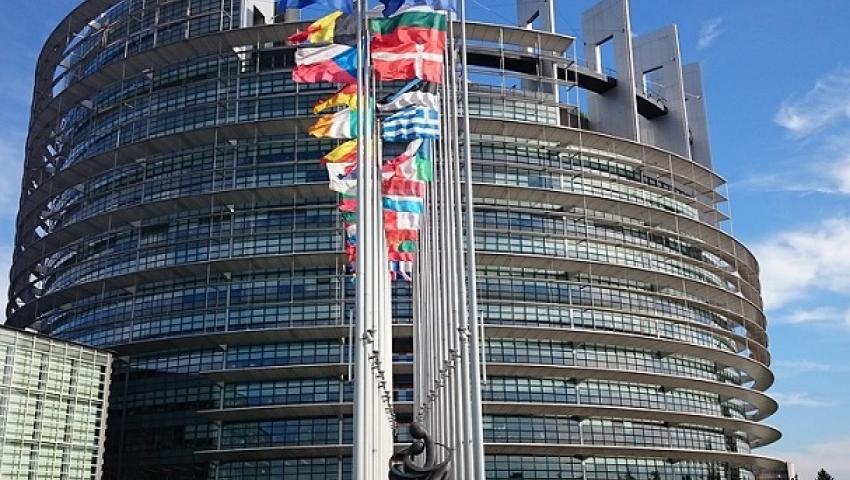The European Parliament wants a ban on "golden passports", they are a security risk
Stricter rules and regulations for "golden visas" must be introduced, MEPs call

Source: Pixabay
The European Parliament wants a ban on the so-called "Golden passports". According to the EP's Committee on Civil Liberties, Justice and Home Affairs (LIBE), they are unacceptable from an ethical, legal and economic point of view, and also pose a serious risk to EU security. Moreover, MEPs from this committee want third countries that have visa-free access to the European Union and where similar "golden passport" schemes apply to also stop issuing them. As for "golden visas", MEPs are proposing that they be regulated and offset by a tax at EU level. This is clear from the Draft Legislative Initiative Report, adopted by the LIBE Committee with 61 votes in favor, 3 against and 5 abstentions. The document contains a number of measures to address the problems of "citizenship and residence schemes against investment".
MEPs emphasize that "citizenship versus investment" schemes, where third-country nationals can obtain citizenship rights in return for investment, are "ethically, legally and economically unacceptable and pose a number of serious security risks". . The so-called "golden passports" undermine the essence of EU citizenship and must be phased out, they insist.
The text calls for a "significant percentage" of the investments made to be collected, which will continue to be collected until the "citizenship versus investment" schemes are abolished, and for an indefinite period as regards "residence versus investment" schemes, ie. called gold visas.
MEPs regret the lack of comprehensive verification procedures and the fact that the current system allows for a consistent submission of applications in different Member States, relying on inspections carried out by non-state actors.
Noting the difference in the severity of the risks associated with residence-for-investment schemes, which give foreigners the right to reside in return for a financial contribution, the draft report calls for common EU rules to harmonize standards and step up the fight against money laundering, corruption and tax evasion. MEPs demand:
Rigorous comprehensive checks (including on family members and sources of funding), mandatory checks on EU justice and home affairs systems and verification procedures in third countries;
reporting obligations by Member States, and
requirements for minimum physical residence (for applicants) and active participation, quality, added value and contribution to the economy (for their investments).
MEPs also envisage a "notification and consultation" scheme to allow other Member States to oppose the issuance of a "golden visa".
The report emphasizes that intermediaries for these schemes are neither transparent nor accountable, calling for a ban on their participation in "citizenship versus investment" schemes and for “strict and binding regulation” for "residence versus investment" schemes. MEPs want an end to marketing practices that use EU symbols or emphasize the benefits of EU citizenship, and they want a framework for sanctions.
The text calls on the Commission to put pressure on third countries benefiting from visa-free travel to the EU, to abolish their "citizenship versus investment" schemes and to reform their "residence versus investments" schemes.
"Being a citizen of or residing in the EU is at the heart of what the Union embodies: freedom and rights. Citizenship is a right, not a commodity that can be bought and sold. Member State governments sell what they do not. "Their cynical business threatens our common security," said rapporteur Sofia in't Veld.
MEPs will discuss and vote on the report at the next plenary session (7-10 March). If approved by the plenary, the European Commission will have to make a legislative proposal or justify its decision not to do so.
At least 130,000 people have benefited from EU citizenship or residence schemes in 2011-2019, which have brought in more than € 21.8 billion in revenue. There are CCI schemes in three Member States: Bulgaria (where the government has introduced a bill to end the scheme), Cyprus (currently only processing applications submitted before November 2020) and Malta. Twelve Member States have "residence versus investment" schemes, all of which differ in size and investment opportunities, as well as in standards for inspections and procedures.
